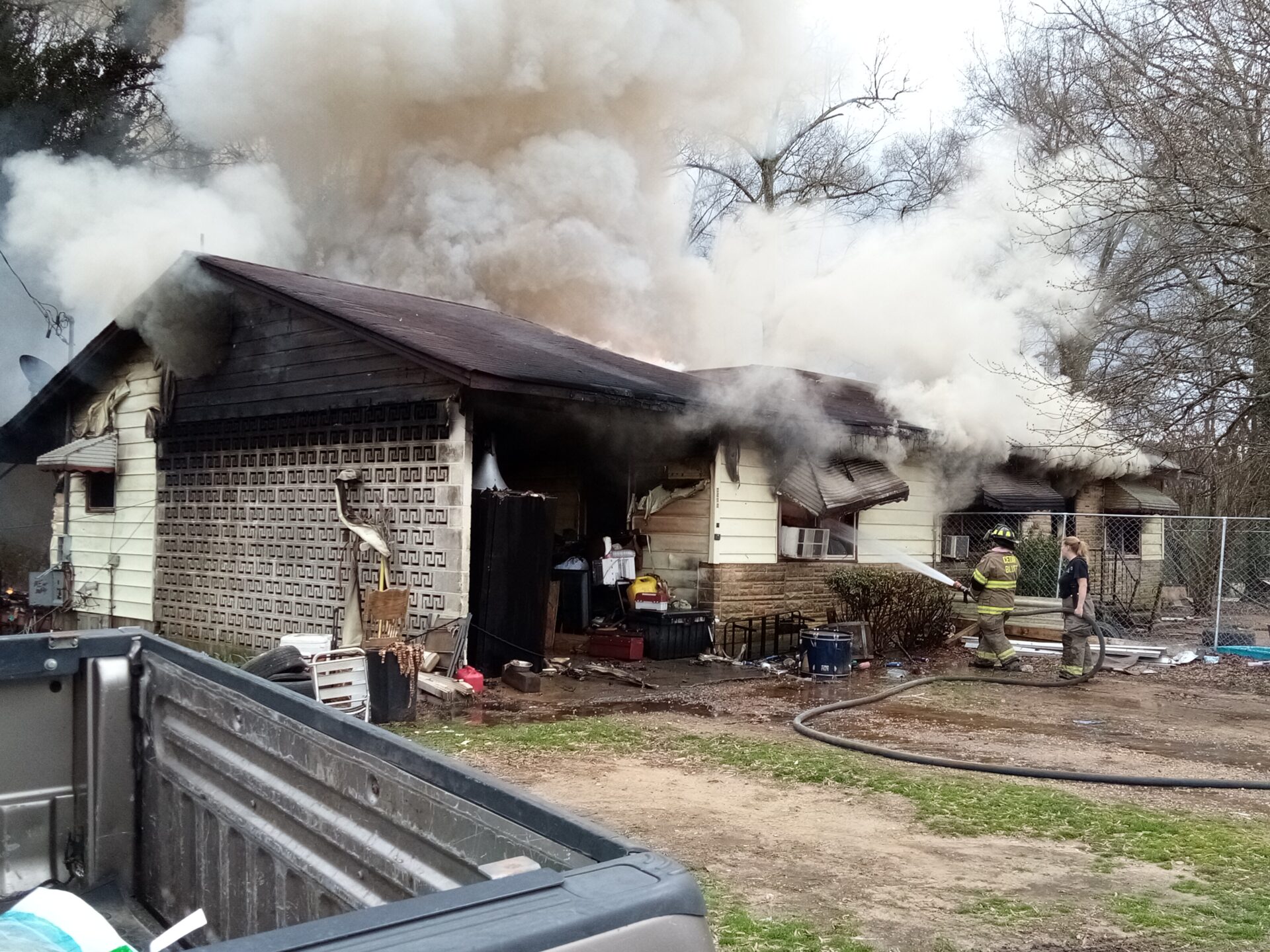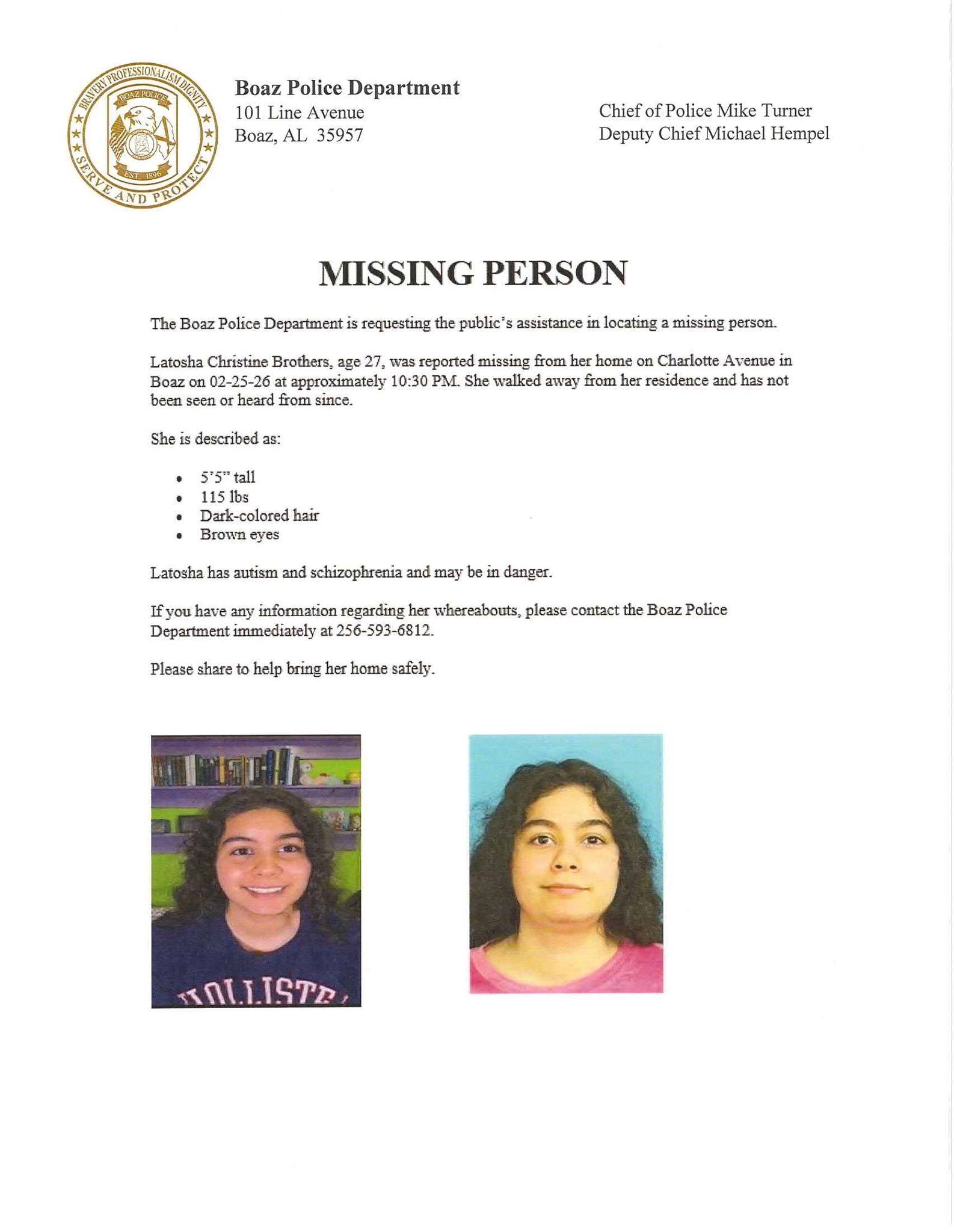
(LONDON) — Julian Assange made his first public appearance since his release from prison, telling European lawmakers the United States had forced him to “plead guilty to journalism” to put an end to his years of captivity and that his case still set a dangerous precedent.
Assange addressed the Parliamentary Assembly of the Council of Europe, an international rights body, in the French city of Strasbourg on Tuesday.
He said he had eventually chosen “freedom over unrealizable justice” in agreeing to the deal that allowed him to walk free after 14 years spent in detention.
“I am not free today because the system worked. I am free today after years of incarceration because I pled guilty to journalism,” Assange said at the hearing, which was broadcast live.
Assange was released from Britain’s Belmarsh prison in June and flown to a U.
S.-district court on the Pacific island of Saipan after accepting the deal. There he pleaded guilty to conspiring to obtain and disclose classified U.S. documents and a judge sentenced him to 62 weeks in prison, the equivalent to his time spent in Belmarsh. The U.S. had been seeking to prosecute Assange on 18 counts under the Espionage Act.
The agreement ended the more than decade-long effort by the U.S. to prosecute Assange for his role in publishing thousands of classified materials, including diplomatic cables and some materials showing possible war crimes by American troops.
“I pled guilty to seeking information from a source. I pled guilty to obtaining information from a source and I pled guilty to informing the public what that information was. I did not plead guilty to anything else,” Assange said.
Assange was imprisoned in Belmarsh for five years while fighting extradition to the U.S. Prior to that, he spent seven years confined to the Ecuadorian embassy in London, facing arrest if he went outside.
“The experience of isolation for years in a small cell is difficult to convey,” Assange said on Tuesday. “It strips away one’s sense of self, leaving only the raw essence of existence. I am yet not fully equipped to speak about what I have endured.”
Since his release, Assange has been living with his wife Stella and their two young sons in his native Australia.
“I think everyone can tell that he is exhausted, that he is still very much in the process of recovering,” Stella Assange told reporters at the hearing. “And at the moment, the only concrete plan in the foreseeable future is that he will continue his recovery.”
Assange and his supporters have warned that the plea deal still sets a dangerous precedent for media freedom, making him the first journalist to be convicted under the Espionage Act. At the hearing, Assange said he was precluded from seeking justice over his detention, saying the U.S. had required the plea agreement to include a prohibition on his filing cases at the European Court of Human Rights.
He and his team are campaigning for a U.S. presidential pardon.
Kristinn Hrafnsson, WikiLeaks’ editor-in-chief, who also attended Tuesday’s hearing, addressed the precedent of Assange’s pardon with ABC News.
“You need to take away that dagger. It has now been bloodied once. And if there is no reaction and no push and no political desire to take that weapon out of any politician’s hand, it will be used again,” said Hrafnsson.
Asked if Assange had plans for work with WikiLeaks now that he was free, Hrafnsson said he had nothing to disclose for now.
“I’m certain there will be a role,” Hrafnsson said. “And of course there is a role for Julian. And of course there’s a role for the recognition of the work and the past and the legacy of Julian Assange’s and how he contributed in this massive manner to the history of journalism in this century.”
Copyright © 2024, ABC Audio. All rights reserved.




